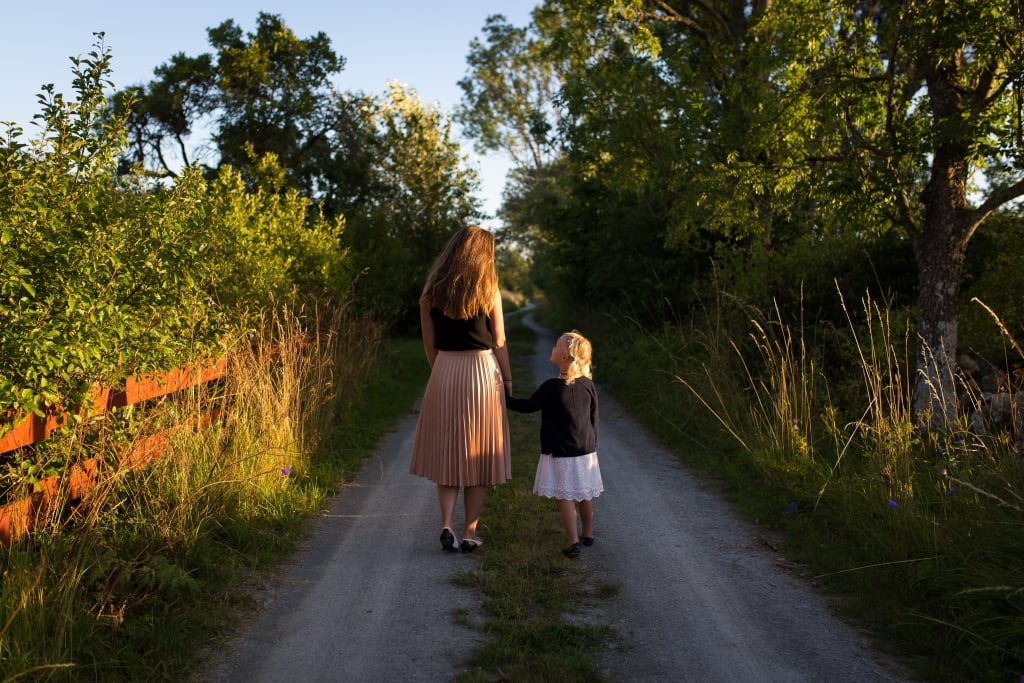
Rachel Buckley from The Family Law Company in Exeter, outlines ways of telling your children that you and your partner have decided to get divorced or separated ‒ one of the most difficult conversations a parent can face.
Q. How do you tell your children you are splitting up?
A. There is no easy way to tell your children and there are no hard and fast rules – every family is different and much will depend on the relationship between family members before the separation. However, there are steps you can take to make the whole experience as positive as it can be.
Q. Who should tell the children?
A. This depends on the relationship between you and your ex-partner. If you are still amicable, it is beneficial to tell the children together. Encourage them to come to either of you with their individual concerns afterwards and to speak to you both separately if they wish.
Q. How should you tell the children?
A. There is no ‘right’ way to tell children you are separating and bear in mind you may feel nervous, upset and confused. If possible, tell them gradually, and not at the last minute. They will need time to adjust to the news and will want to talk more about it with you. Try to avoid the beginning of school term or GCSE exams, even bedtimes or when children are tired. Choose a time when you know you can stay with them for as long as they need you to.
Q. What should you say?
A. You may be tempted to say as little as possible in order to spare your children’s feelings, but then they may try to fill in the gaps themselves. Explain what is happening in an open and honest way. Although they may be devastated by the news, it is important not to give children false ideas to make them feel better. If you tell them that nothing will change, they may be temporarily reassured, but then discover that actually everything is going to change. This could cause confusion and even resentment.
Q. How much should you tell them?
A. Try to keep things clear and brief. Don’t explain the complex reasons behind the separation and avoid criticising your ex-partner, which may make your children feel they have to take sides. Most importantly, let your children know it is not their fault. You might want to suggest that although a grown-up’s love for another can change, a parent’s love for their child is forever. Children can think that if mum and dad have stopped loving each other, you will stop loving them. Reassure them that this will never be the case.
Need some advice? Get in touch today
"*" indicates required fields
The information submitted here is used and stored for the purpose of replying to the enquiry. For more information on how we process data please visit our Privacy Policy.









